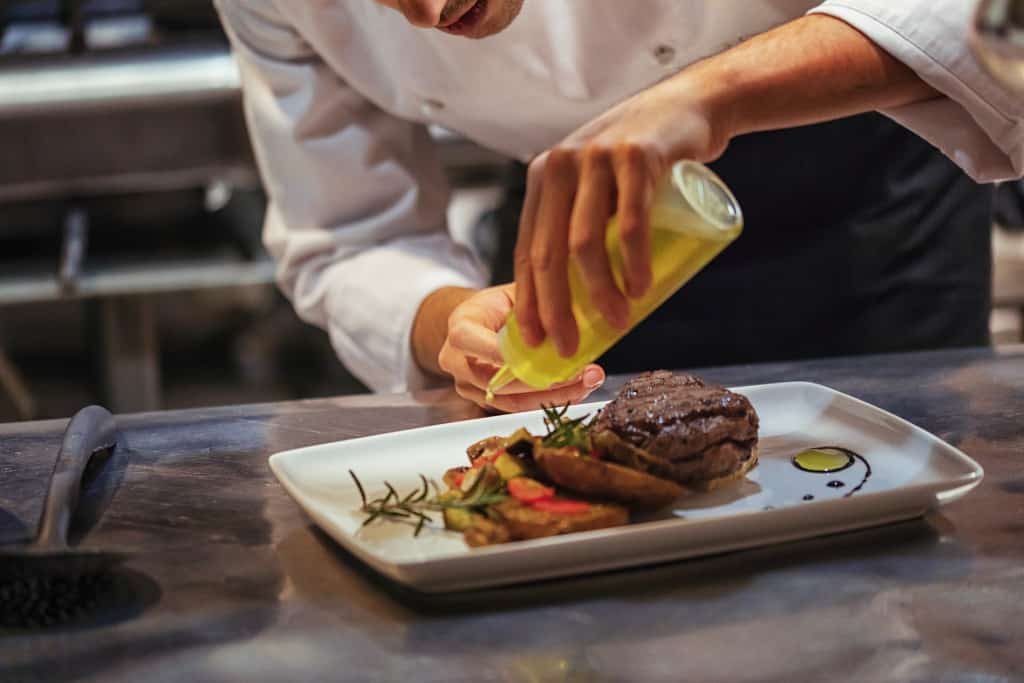Drug detox diets have become increasingly relevant in recent years. It’s important to be increasingly aware of the growing issue around substance drug misuse in the UK. According to the latest report published by the Office for National Statistics (ON), around 1 in 11 adults aged 16 to 59—in England and Wales alone—had taken a drug in the last year. This translates to 9.4% of the population of these areas or 3.2 million people.
More importantly, there have also been growing concerns around the opioid problem in the UK. More particularly because this substance can be commonly found in over-the-counter medication. In effect, this has also driven the need for more sophisticated treatments for opioid dependence. While quitting the use of these substances is well and good, the importance of a drug detox should also be noted.
Replacing What Was Lost
You should be well aware that any form of substance use can have detrimental effects on your body and your lifestyle, especially when it comes to eating and dietary habits. Moreover, the recovery process from substance use can also impact various bodily functions including your metabolism and organ function. This is where drug detox diets become crucial.
The fundamental goal of a detox program is to rid your body of harmful toxins. However, it doesn’t necessarily end there. It also entails replacing these damaging substances with better alternatives that will serve to improve your health and nutrition. A proper diet is vital for a full recovery precisely because prolonged substance intake can drastically impede your body from receiving appropriate nutrients.
The Makeup of a Drug Detox Diet
Your body’s nutritional needs will largely be dictated by the substance you’re recovering from like alcohol. Opioid addiction, for instance, can severely affect a person’s digestive system causing constipation and diarrhea. Individuals recovering from opioid addictions will usually have electrolyte imbalances.
In this case, following a high-fiber diet will be essential to regulate these imbalances and significantly decrease gastrointestinal problems. This will typically include broccoli, spinach, barley, beans, and lentils. Regardless of what substance you were addicted to, there are certain types of food that serve as the foundation for a healthy detox diet. Here are some of the best things you should definitely consider including in your meals.
Stay Hydrated

You’re often commonly reminded to hydrate regularly throughout the day. This can be especially difficult when you’re recovering from substance abuse because certain drugs can be dehydrating or deceptively tell your body that it doesn’t need water.
Hydration is a key aspect of detox diets, which is why drinking lots of water should be a primary component of your recovery. Aside from this, you should also consider beverages rich in electrolytes like energy drinks or coconut water just to address any imbalances within your body. As much as possible, avoid sugary and caffeinated drinks like soda and coffee since these will do more harm than good.
Garden of Recovery
It should come as no surprise that vegetables prove to have a lot of nutritional value that will benefit your body, even if you aren’t recovering from substance abuse. However, green and leafy vegetables like kale or lettuce can provide a lot of the nutrients that you might be deficient in, especially when you’re detoxing.
Bright fruits like strawberries and pineapples are also loaded with vitamins that can drastically improve the rate of your recovery. Getting a juicer should prove to be worthwhile as well to allow your body to receive these nutrients and hydrate at the same time. You should also intend to have at least five to nine servings of various fruits and vegetables every day to ensure you’re getting enough nourishment.
Proven Proteins
Proteins also shouldn’t be overlooked and these can usually come from various sources. Whether it’s from animals or plants, proteins will practically be broken down into essential amino acids that your body will use to repair its cells.
Typical animal sources of proteins include tuna, salmon, turkey, and chicken. Plant-based proteins, on the other hand, can come from lentils, tofu, black beans, and quinoa. All of these will provide various nutrients like vitamin B6 and omega-3 fatty acids, which will present a lot of benefits. According to medical experts, women should go for 46 grams while men should aim for 56 grams of protein each day.
Speed It Up
Supplements can also help to jump-start your recovery process by rapidly replacing the nutrients you’ve lost. Multivitamins that contain zinc, vitamin A, vitamin C, and B-complex are among the most common. Your doctor might choose to prescribe other dietary supplements depending on what your body needs. Just make sure to follow the recommended amounts or you could end up causing further damage.
Food and Recovery
The importance of diet during detoxification from a particular substance is extremely important. If you’re recovering from addiction, the chances of your body lacking specific nutrients are highly likely. You should consider establishing other healthy habits as well, like getting enough exercise or eating at regular times, while sticking to your drug detox diet. Ultimately, your recovery will surely be more effective.




